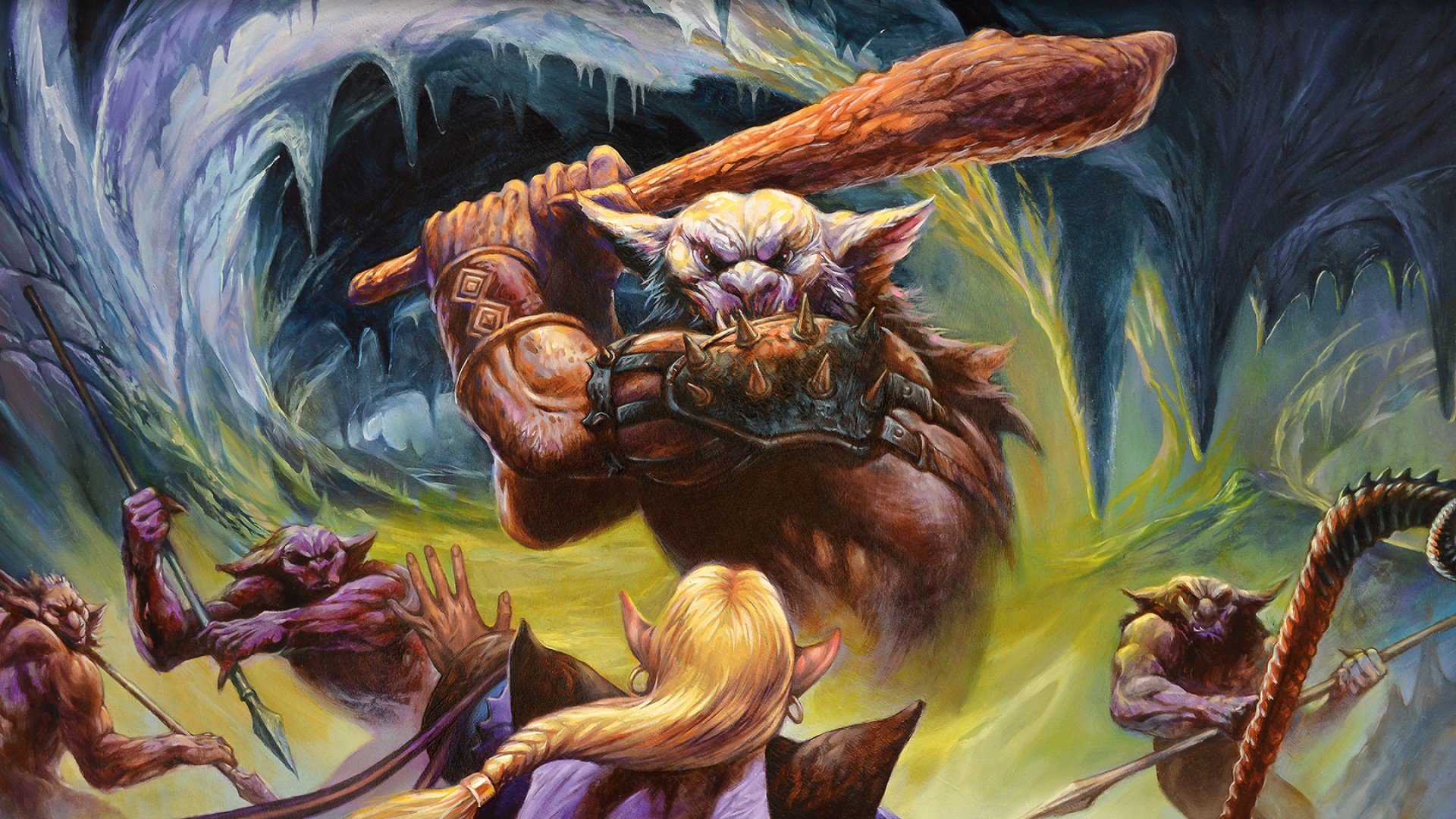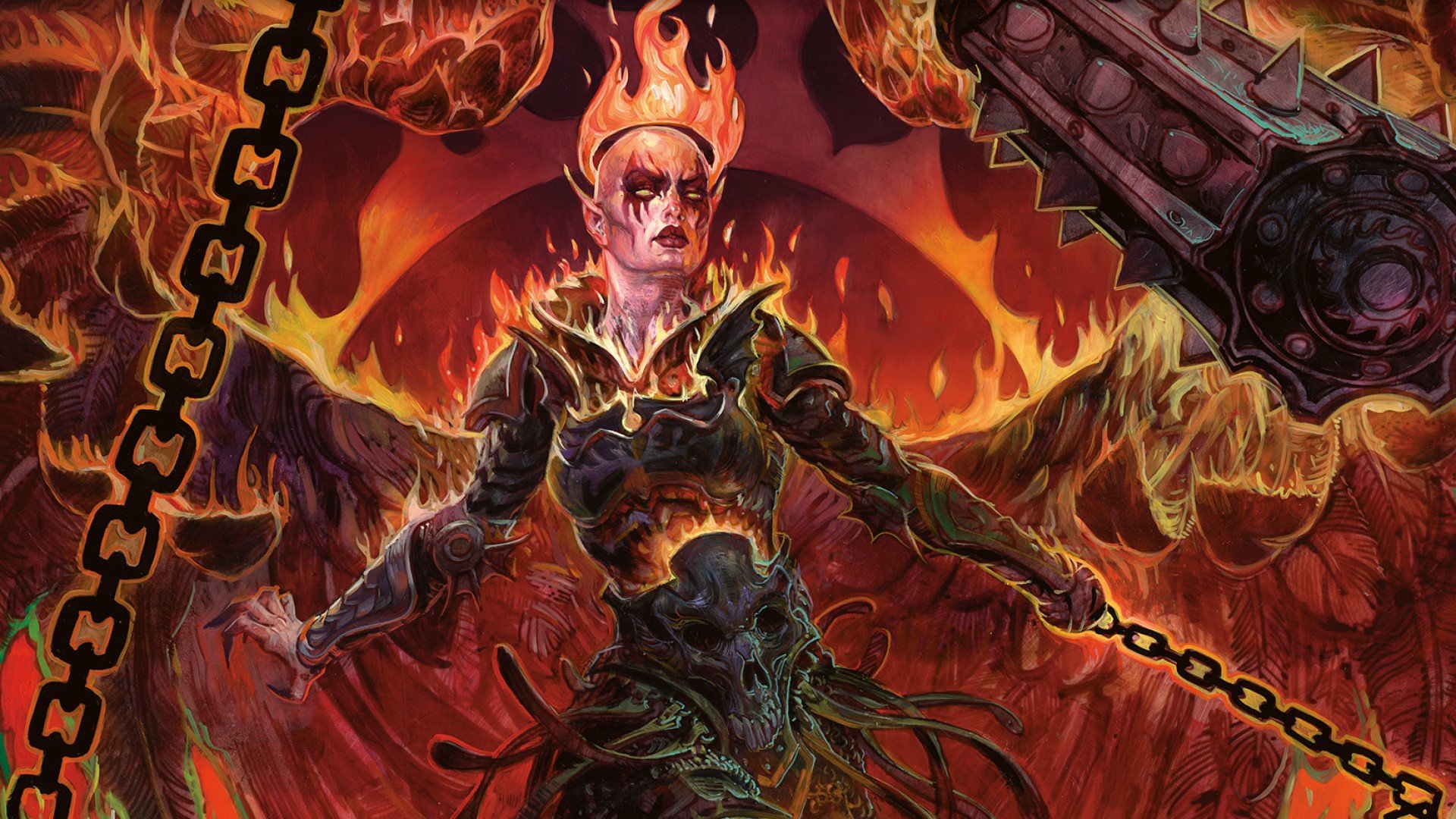Dnd languages 5e – In the realm of Dungeons & Dragons 5e, languages play a pivotal role in shaping the narrative and fostering immersive roleplaying experiences. As we delve into this captivating topic, we embark on a journey to explore the diverse tapestry of languages that enrich the world of D&D, empowering players to create unique characters and engage in dynamic interactions.
From the Common tongue spoken by all to the ancient whispers of Draconic, each language carries its own history, customs, and secrets. Languages are not mere tools for communication; they are vibrant expressions of culture, unlocking a deeper understanding of the races, factions, and realms that populate this extraordinary game.
Languages in D&D 5e
In the vast and diverse world of Dungeons & Dragons 5th Edition (D&D 5e), language plays a vital role in communication, storytelling, and roleplaying. The game features a wide array of languages, each with its own distinct characteristics and importance within the game’s setting.
Types of Languages
Languages in D&D 5e can be broadly categorized into three main types:
- Common:The most widely spoken language in the game world, Common is used by people of all races and backgrounds. It is the default language for communication between player characters and non-player characters (NPCs).
- Racial Languages:Each playable race in D&D 5e has its own unique language. These languages are typically spoken by members of that race and their descendants. Examples include Elvish, Dwarvish, and Draconic.
- Exotic Languages:Exotic languages are less commonly spoken and are often associated with specific cultures, regions, or professions. These languages may be required for communication with certain NPCs or to access hidden knowledge.
Creating Languages
Crafting custom languages enriches the immersive experience of D&D 5e campaigns, allowing Dungeon Masters to tailor unique linguistic landscapes for their players.
Language creation involves meticulous consideration of various elements:
Alphabet
- Design a unique alphabet, including letters, symbols, and their corresponding sounds.
- Consider the aesthetic and thematic alignment with the language’s origin and purpose.
- For instance, a language spoken by an ancient civilization could feature intricate runes, while a language used by a nomadic tribe might employ a simplified phonetic system.
Grammar, Dnd languages 5e
- Establish the language’s grammatical structure, including sentence syntax, word order, and verb conjugations.
- Consider the level of complexity desired, ranging from simple rules for a primitive language to intricate grammar for a sophisticated society.
- For example, a language spoken by a race of scholars could have a complex grammatical system with multiple tenses and declensions, while a language used by a barbarian tribe might have a more straightforward grammar.
Vocabulary
- Develop a comprehensive vocabulary that aligns with the language’s cultural context and purpose.
- Consider the language’s origins, the people who speak it, and their environment.
- For instance, a language spoken by a maritime culture might include terms related to sailing and navigation, while a language used by a forest-dwelling people might have a rich vocabulary for describing plants and animals.
Translating Languages
Translating languages in D&D 5e is crucial for effective communication between characters of different cultures and backgrounds. The game provides several methods to facilitate language translation, each with its advantages and limitations.
Skills such as Linguistics play a vital role in language translation. Characters proficient in Linguistics gain bonuses to checks involving understanding or speaking different languages. They can attempt to decipher written texts, translate spoken words, or communicate with creatures that speak languages they are not familiar with.
Magic items also offer powerful tools for language translation. The Comprehend Languagesspell allows the caster to understand any spoken or written language for a limited duration. The Tonguesspell enables the caster to speak any language they know, allowing them to communicate with creatures who speak different languages.
Successful Language Translations and Impact on Gameplay
Successful language translations can significantly enhance gameplay by facilitating communication and fostering cooperation between characters of diverse backgrounds. For instance, a character who can translate the ancient language inscribed on a dungeon wall may gain valuable information about the dungeon’s history and secrets.
Furthermore, language translation can create immersive and memorable roleplaying experiences. Players who can speak their characters’ native languages can engage in more authentic and engaging interactions with NPCs and other characters. This depth of immersion can greatly enhance the overall enjoyment of the game.
Language-Based Abilities

In Dungeons & Dragons 5th Edition, languages play a crucial role beyond mere communication. Various abilities and spells leverage languages to enhance characters’ capabilities and strategic prowess.
Comprehend Languages
This ability allows a character to understand any spoken or written language. It is essential for interacting with creatures from different cultures, deciphering ancient texts, and comprehending the subtleties of diplomatic negotiations.
Mechanics:The Comprehend Languages spell grants proficiency in one language for 10 minutes. The ability check to understand a language is Intelligence (Investigation) with a DC of 10 + the language’s proficiency bonus.
Tongues
This spell empowers a character to speak and understand any language. It is invaluable for communicating with creatures from diverse backgrounds, bridging cultural gaps, and infiltrating foreign organizations.
Mechanics:The Tongues spell grants the ability to speak and understand all languages for 1 hour. The caster can maintain the spell on multiple targets simultaneously.
Strategic Use
Language-based abilities offer significant tactical advantages in combat and roleplaying:
- Combat:Comprehend Languages allows characters to understand enemy chatter, identify vulnerabilities, and coordinate attacks. Tongues can facilitate communication with allies from different backgrounds, enabling coordinated maneuvers.
- Roleplaying:Comprehend Languages enhances immersion and allows characters to engage in meaningful conversations with NPCs, gain valuable information, and resolve conflicts through diplomacy.
Language and Culture
Language plays a vital role in shaping and reflecting the culture of different races and factions in D&D 5e. It is not merely a means of communication but also a vessel that carries the customs, beliefs, and history of a people.
Each language in D&D 5e is imbued with unique characteristics that mirror the society that speaks it. For example, the guttural tones of Orcish reflect the warlike nature of orcs, while the melodic Elvish reflects the grace and elegance of elves.
Language and Customs
Language shapes the customs and traditions of a culture. The words and phrases used in everyday speech often reveal the values and beliefs of a people. For instance, in dwarven culture, the concept of honor is deeply ingrained, and this is reflected in their language, which contains many terms related to loyalty, bravery, and duty.
Language and History
Language also serves as a repository of a culture’s history. Ancient texts, songs, and stories passed down through generations preserve the collective memory of a people. By studying these linguistic artifacts, scholars can gain insights into the origins, migrations, and triumphs of different races and factions.
Language and Worldbuilding
In D&D 5e, language is a powerful tool for worldbuilding. By creating unique languages for different cultures, Dungeon Masters can enhance the immersion and authenticity of their campaigns. Players can engage with NPCs in their native tongues, adding depth to interactions and creating a more believable and immersive experience.
Language and Technology

In the world of D&D 5e, language is not just a means of communication but also a tool that can be shaped and influenced by technological advancements.
One of the most significant technological advancements that has impacted languages in D&D 5e is the development of magical devices. These devices, such as Sending Stones and Arcane Translators, allow characters to communicate over long distances or understand languages they do not speak.
Magical Devices
- Sending Stones:These magical stones allow two characters to communicate over any distance as long as they are on the same plane of existence. The stones are attuned to each other, and each user can speak into one stone to have their voice transmitted to the other.
- Arcane Translators:These devices can translate any spoken or written language into a language that the user understands. They are often used by adventurers who need to communicate with people from different cultures or who encounter ancient texts written in unknown languages.
In addition to magical devices, other technological advancements, such as the development of printing presses and the widespread availability of books, have also had a significant impact on languages in D&D 5e. These advancements have made it easier for people to learn new languages and to share knowledge and ideas across cultures.
The future of language use in D&D 5e is uncertain, but it is likely that technology will continue to play a major role. As new technologies are developed, they will undoubtedly have a significant impact on the way that characters communicate and interact with each other.
Language and Roleplaying

Languages play a vital role in enhancing roleplaying experiences in D&D 5e. They add depth and authenticity to characters, allowing players to create unique and memorable personalities.
Developing Unique Accents, Dialects, and Speech Patterns
Developing unique accents, dialects, and speech patterns can greatly enhance the roleplaying experience. Consider the following tips:
- Research real-world languages:Study the accents, dialects, and speech patterns of different cultures to find inspiration.
- Use phonetic transcription:Use the International Phonetic Alphabet (IPA) to accurately represent the sounds of your language.
- Practice regularly:Practice speaking your language aloud to develop fluency and naturalness.
Final Wrap-Up: Dnd Languages 5e
As we conclude our exploration of languages in Dungeons & Dragons 5e, we are left with a profound appreciation for the intricate tapestry they weave into the game’s narrative. Whether creating custom languages, translating ancient texts, or harnessing language-based abilities, players are empowered to craft unforgettable experiences and breathe life into their characters.
The world of D&D is a canvas upon which languages paint vibrant hues, enriching the roleplaying experience and fostering a sense of wonder and immersion. As we continue our adventures, may we embrace the power of languages and let them guide us through the boundless realms of imagination.
Detailed FAQs
What are the different types of languages in D&D 5e?
D&D 5e features a diverse range of languages, including Common, Elvish, Draconic, Dwarvish, and many more. Each language is associated with a specific race, culture, or region, adding depth and realism to the game world.
How can I create a custom language for my D&D 5e campaign?
Creating a custom language is a rewarding way to enhance your campaign’s uniqueness. Consider the alphabet, grammar, vocabulary, and cultural context of the language to bring it to life.
What skills and abilities can help me translate languages in D&D 5e?
The Linguistics skill and certain magical items, such as the Comprehend Languages spell, can assist in translating languages. Proficiency in a language also grants the ability to read and write in that language.
How can I use language-based abilities to enhance my gameplay?
Language-based abilities, such as Comprehend Languages and Tongues, provide tactical advantages in combat and roleplaying. They allow characters to communicate with creatures that speak different languages, gain insights into ancient texts, and influence the minds of others.